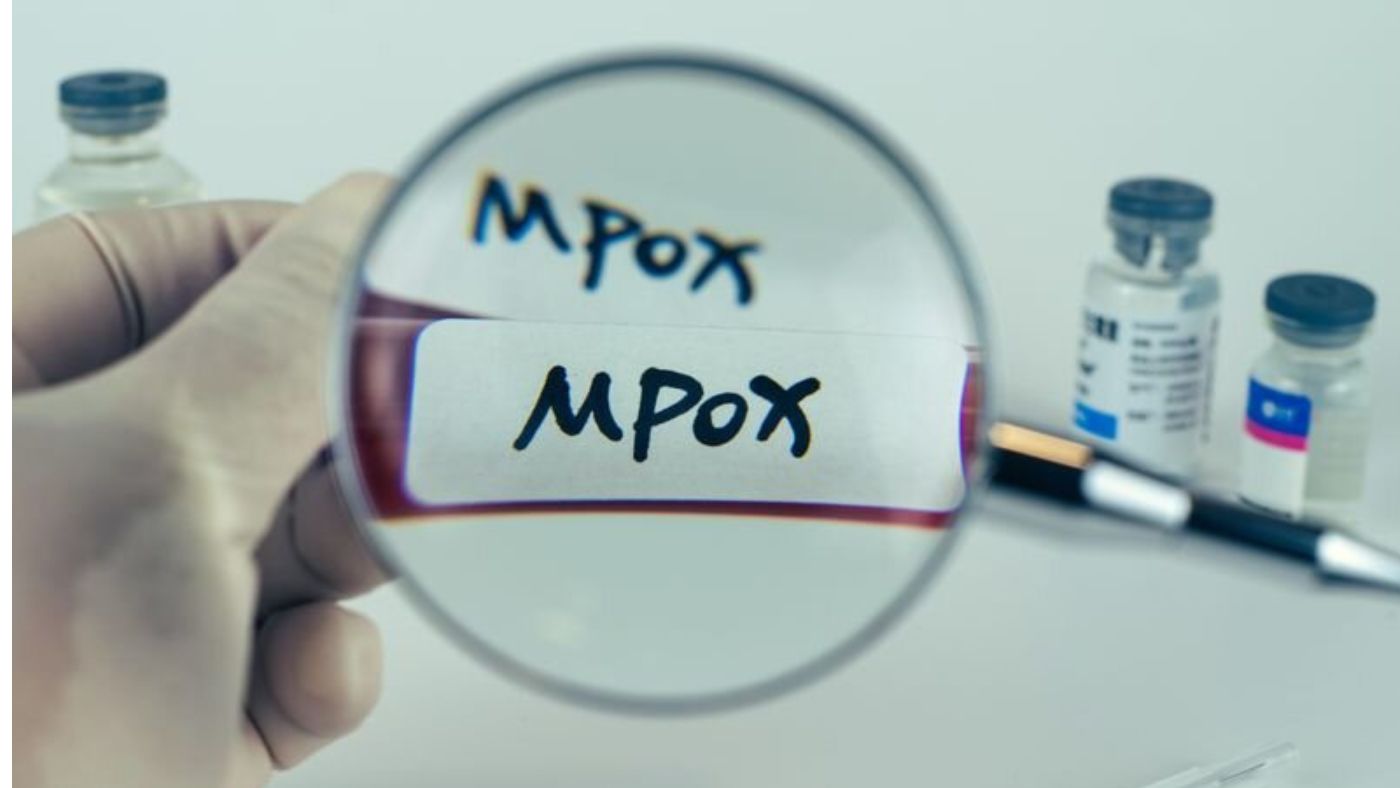The US Centers for Disease Control and Prevention (CDC) has issued a warning regarding the potential resurgence of mpox, previously known as monkeypox, during the upcoming summer season.
According to an official update from the CDC’s Health Alert Network on Monday, there is concern that gatherings at festivals and other events could lead to an increase in mpox cases.
The CDC is actively investigating a cluster of mpox cases in the Chicago area in collaboration with local health partners. The agency emphasized ongoing reports of cases indicating community transmission both within the United States and internationally.
In a health advisory, the CDC reported that between April 17 and May 5, the Chicago Department of Public Health documented twelve confirmed cases and one probable case of mpox.
All affected individuals were males aged between 24 and 46 years. While all cases presented symptoms, none required hospitalization.
Notably, nine out of thirteen cases occurred in individuals who had received both doses of the Jynneos mpox vaccine. Some of these individuals had recently traveled to New York, New Orleans, and Mexico.
The CDC underscored that while vaccinated individuals can occasionally contract mpox, vaccination significantly reduces the severity of the infection and lowers the likelihood of hospitalization.
The agency’s Health Alert Network (HAN) Health Update aimed to inform clinicians and public health agencies about the potential for new clusters or outbreaks of mpox, offering guidance on clinical evaluation, treatment, vaccination, and testing.
Dr. Susan Philip, San Francisco Health Officer, emphasized the importance of vaccination to prevent a rise in mpox cases this summer, despite current low case numbers in San Francisco.
She urged individuals who have received their first dose of the mpox vaccine, even if several months ago, to promptly obtain their second dose as a preventive measure.

Mpox is a viral disease primarily spread through close contact and can affect anyone, though last year’s outbreak primarily affected men who have sex with men.
Symptoms include distinctive rashes resembling pimples or blisters, accompanied by fever, chills, swollen lymph nodes, body aches, and fatigue. In severe cases, particularly in individuals with compromised immune systems, mpox can be fatal.
Dr. Jay Varma from Weill Cornell Medicine’s Center for Pandemic Prevention and Response highlighted the potential for a surge in mpox cases in the coming months, stressing the importance of vaccination in mitigating transmission.
He acknowledged uncertainties regarding the duration of vaccine-induced or natural immunity against mpox, emphasizing that vaccination remains the best defense strategy.
Despite recent clusters of cases in Chicago, the United States had seen a significant reduction in mpox cases before this resurgence, with localized outbreaks limited to one to two jurisdictions.
Lori Tremmel Freeman, CEO of the National Association of County and City Health Officials, expressed concern that only a quarter of individuals at highest risk for mpox are fully vaccinated, underscoring the need to increase vaccination rates to mitigate severe disease outcomes.
While the World Health Organization (WHO) declared mpox is no longer a global health emergency, WHO Director-General Tedros Adhanom Ghebreyesus cautioned that mpox continues to pose substantial public health challenges requiring sustained and proactive responses globally.
David Harvey, Executive Director of the National Coalition of STD Directors, emphasized the ongoing threat posed by mpox and called for continued vigilance among communities and healthcare providers.
He underscored the effectiveness and safety of the mpox vaccine in reducing cases and severity of symptoms, urging proactive vaccination ahead of potential summer gatherings and events.
While progress has been made in controlling mpox, ongoing vigilance, vaccination efforts, and public health preparedness remain crucial to managing and preventing future outbreaks of the disease.
